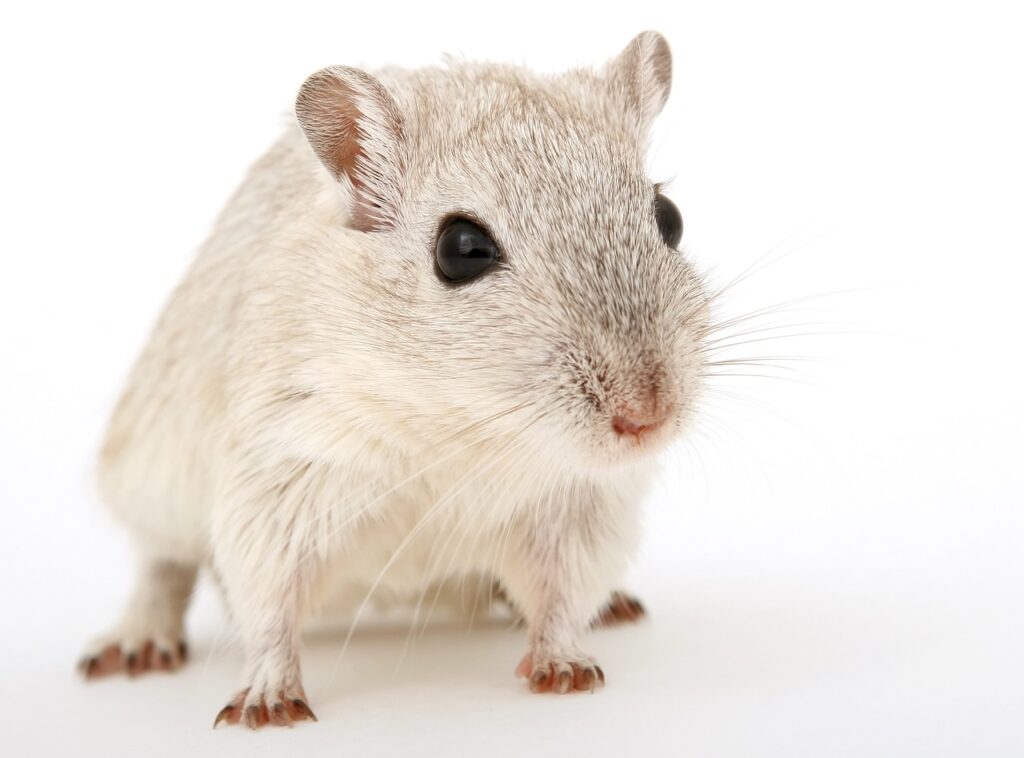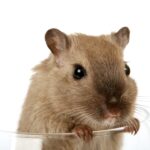Can Gerbils Eat Cauliflower? — Exploring the Suitability of Cauliflower for Gerbils
Many pet owners often wonder about the safety of feeding certain foods to their furry friends. One common question that arises is whether gerbils can eat cauliflower. In this article, we will delve into the suitability of cauliflower for gerbils and provide insights into the potential benefits, recommended frequency or quantity, precautions to consider, and possible applicability to other pets.
Exploring the Nutritional Benefits of Cauliflower for Gerbils
Cauliflower can be a suitable addition to a gerbil’s diet due to its nutritional value. It is rich in essential vitamins and minerals, including vitamin C, vitamin K, and folate. These nutrients contribute to maintaining overall health and supporting the gerbil’s immune system.
- Vitamin C aids in strengthening the gerbil’s immune system, making them less susceptible to illnesses.
- Vitamin K promotes healthy blood clotting and ensures proper bone health in gerbils.
- Folate, a B‑vitamin, is crucial for cell growth and replication, supporting the gerbil’s overall development.
The Recommended Frequency or Quantity of Cauliflower for Gerbils
When introducing cauliflower into a gerbil’s diet, it is essential to do so in moderation. While cauliflower can provide nutritional benefits, overfeeding can lead to digestive issues in gerbils. It is recommended to offer small pieces of cauliflower to gerbils once or twice a week as a treat or addition to their regular diet. This frequency allows them to enjoy the benefits without overwhelming their digestive system.
Potential Cautions When Feeding Cauliflower to Gerbils
While cauliflower can be a safe addition to a gerbil’s diet, there are some considerations and precautions to be aware of. Firstly, gerbils have a sensitive digestive system, and sudden dietary changes can lead to stomach upset or diarrhea. Therefore, it is advisable to introduce cauliflower gradually and observe for any adverse reactions.
Secondly, cauliflower contains a compound called glucosinolates, which can cause gas and bloating in some animals. Gerbils may be more prone to these digestive issues, so it is important to monitor their response when introducing cauliflower. If you notice any discomfort or digestive disturbances, it is best to discontinue feeding cauliflower to your gerbil.
Potential Applicability of Cauliflower to Other Pets
Cauliflower can be enjoyed by various other pets apart from gerbils. Small animals like rabbits, guinea pigs, and hamsters can also benefit from the vitamins and minerals found in cauliflower. However, similar caution should be taken with these pets to introduce cauliflower gradually and monitor their response to avoid any digestive issues.
Conclusion
In conclusion, gerbils can safely consume cauliflower as part of their diet, given in moderation. Cauliflower provides essential vitamins and minerals that contribute to their overall health and well-being. However, it is crucial to introduce cauliflower gradually and monitor their digestive response. Remember to offer cauliflower as a treat and not as a primary source of nutrition. By practicing responsible feeding habits, you can ensure the optimal health of your gerbil.



